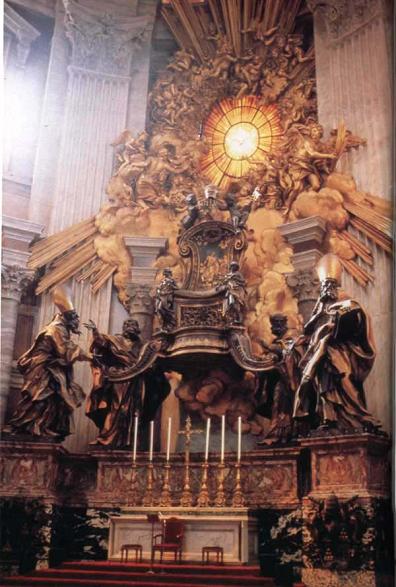Words to consider
Indeed, it is a passage where almost every phrase can be a fruitful point for reflection and renewal.
For example...
Their end is destruction.
Many people today, consciously or otherwise, are nihilists: from the atheistic anarchist, to the “devout” suicide bomber, to the fatalistic hedonist.
Their God is their stomach...
Many people today are focused on personal consumption and gratification.
...their glory is in their "shame."
For every single one of the Ten Commandments, there are "lifestyles" that are centered on violating it and on doing things that society once considered shameful (and which God still does).
But of course our focus should never stay with negating or avoiding the bad, but on embodying the good by the grace of God through our Lord and Savior Jesus Christ.
But our citizenship is in heaven,
and from it we also await a savior,
the Lord Jesus Christ.
He will change our lowly body
to conform with his glorified body
by the power that enables him also
to bring all things into subjection to himself.
(Lord Jesus Christ, Son of the living God, be merciful to me – a sinner.)
This week, may we re-read this passage again and again, considering each phrase and asking ourselves these questions:
- How do we see this – or do not see this – in the world today?
- How do I see this – or do not see this – in myself?
- How can I learn from this to come closer to living more fully in Christ?
Therefore, my brothers and sisters,
whom I love and long for, my joy and crown,
in this way stand firm in the Lord.
 A Penitent Blogger
A Penitent Blogger






































